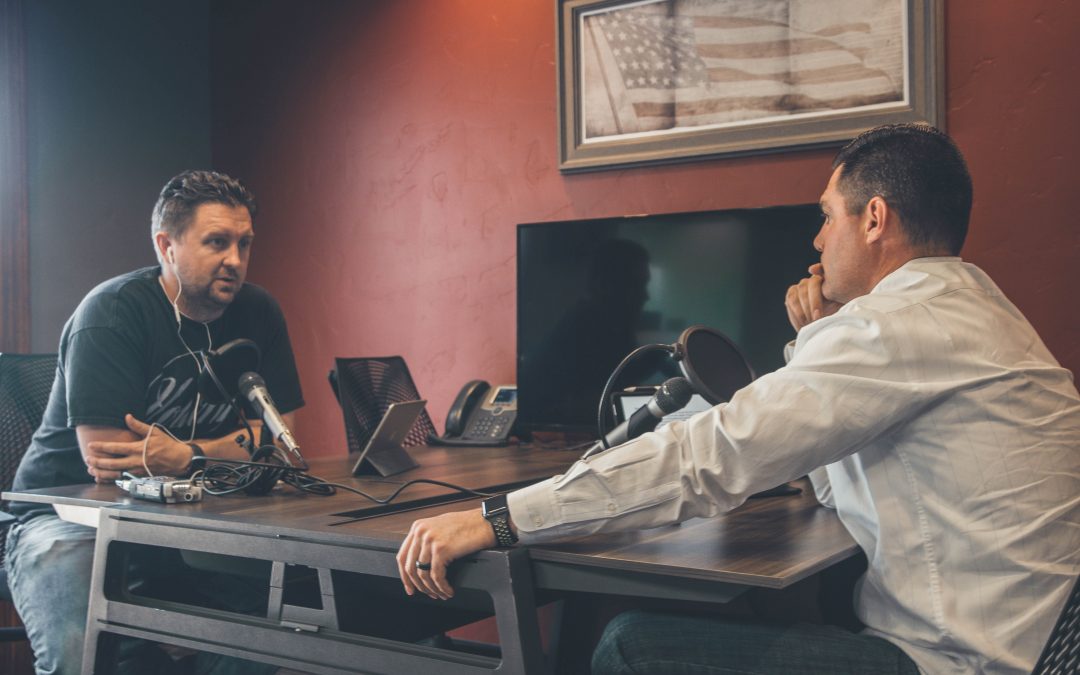
How to Ace the “Tell Me” Questions in Your Next Interview
When the interviewer phrases a question with “Tell me,” use this as an opportunity to show your personality and use an anecdote or story that explains your answer. Check out the “Tell me” questions below as a guide to practice and feel confident about your response!
- Tell me a few things about yourself.
Consider beginning by sharing a few personal interests which don’t necessarily relate to work. Your answer should focus on your experiences and skills that will be relevant to the position and company for which you’re interviewing. Turn your answer into a concise, compelling pitch that illustrates why you’re the right pick for the job. - Tell me why I should hire you.
Prepare by making a list of qualifications for the position, and then determine how to discuss your qualities that will meet the specific job requirements. Your answer should be brief and should highlight why you stand out among the other applicants. If you possess qualifications that make you unique in the candidate pool, emphasize these when answering this question. - Tell me about the type of work environment you prefer.
Interviewers generally ask this question to determine how well you’ll fit in at the company. Be honest but be sure to let the interviewer know you’re adaptable. Do a bit of research on the company culture by checking out the “About Us” section of the company website. - Tell me about a project or improvement that you have spearheaded.
Ideally, you should be able to talk about something work-related, but don’t panic you don’t have any examples. Talk about a situation where you had to take on a significant challenge. Tell your story in steps.
First, talk about the nature of the challenge you faced. Then, talk about how you analyzed the problem and identified the solution. After that, talk about implementing the solution and how you measured success. This question is mostly about your problem-solving ability. Do you leap in blind, or do you carefully step through things to arrive at a solution?
- Tell me about a time you went the extra mile for a client or customer.
It helps to know the values of the employer when answering a question like this. Companies that focus on service will want to hear extraordinary tales of helping people. Companies that emphasize cost or efficiency would like to hear about how you were able to help customers while staying focused on your job. Walk through your answer in steps.
First, talk about what it was that the customer needed. Demonstrate empathy and show that you put yourself in the customer’s shoes. Then, discuss how you decided what to do next. What were the options available to you? Did you choose the best one? Here is another chance to show strategic and analytical thinking. Finally, talk about the benefit of what you did. Was the client happy, leading to a stronger relationship? Did it prevent a loss of business? Did you help your employer avoid a liability?
- Tell me about a time you had to work with a difficult colleague.
It would help if you never said negative things about former colleagues because it can often reflect poorly on you. You may come across as someone who’s not a team player. Answers should focus on teamwork and co-operation. Talk about how you resolved the situation or stopped it from having such an effect on the team. - Tell me about a time you had to persuade someone about something.
Situational questions like these (“tell me about a time…”) need to be answered with the STAR approach:
(1) Situation:
Talk about the situation you were in, the thing you needed to persuade someone about
(2) Action:
The action you took to convince them
(3) Result:
The outcome of your efforts.
The interviewer is looking to assess particular qualities here, namely your communication and persuasion skills. Your answer should illustrate the degree to which you possess these skills. Ideally, it would help if you gave an example from professional life, but you can talk about personal experience as well. How do you go about talking people into things?
